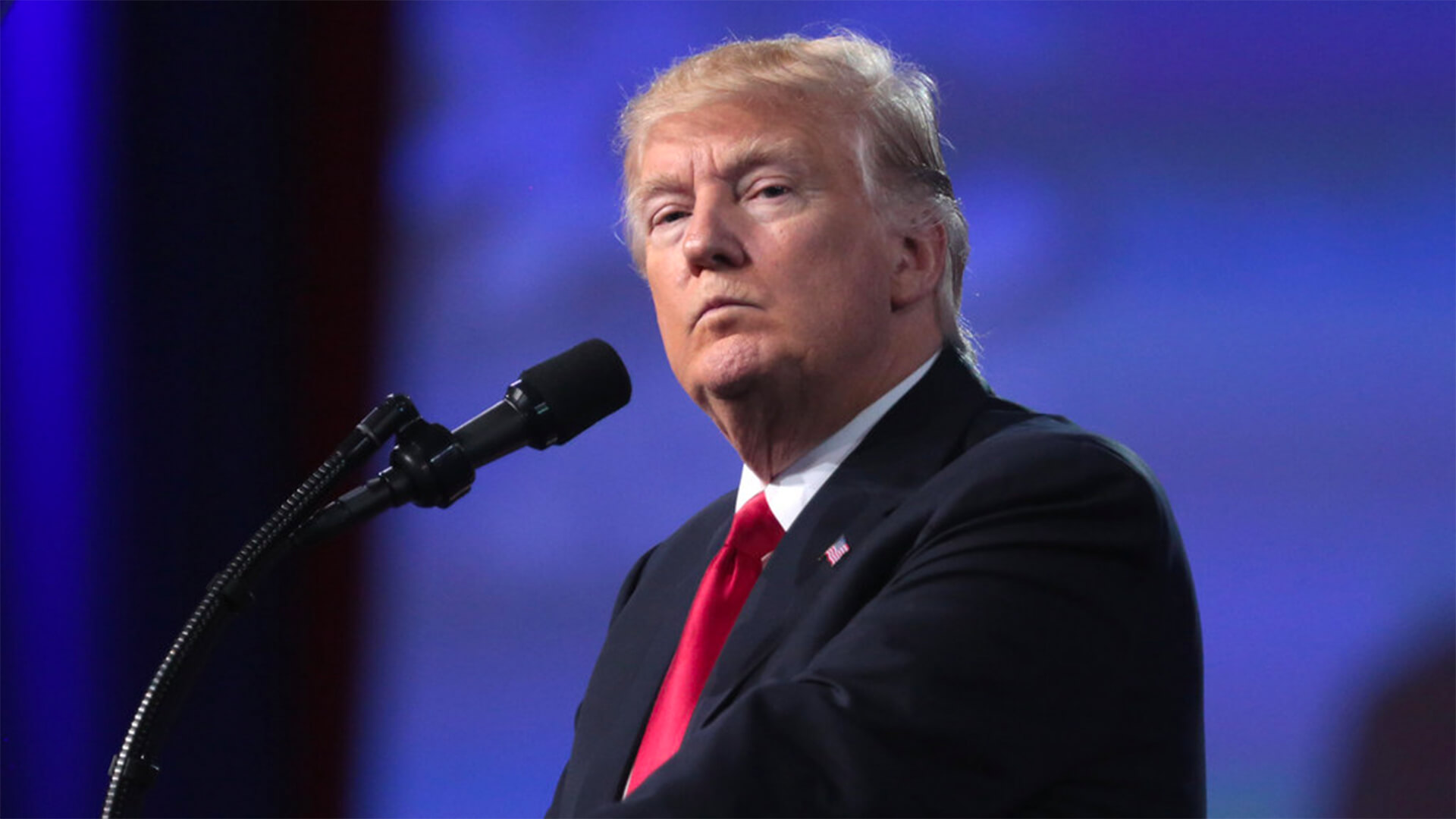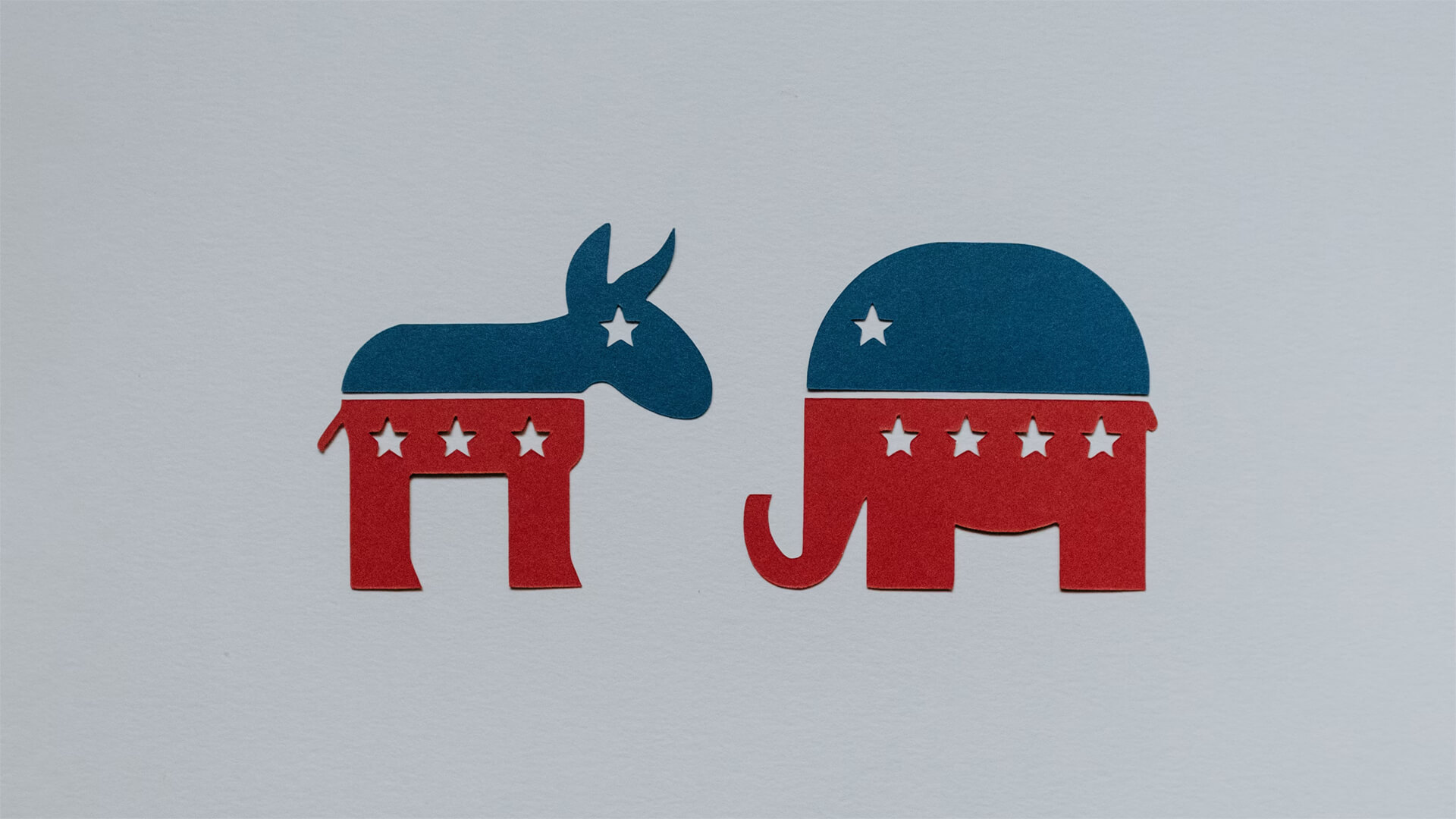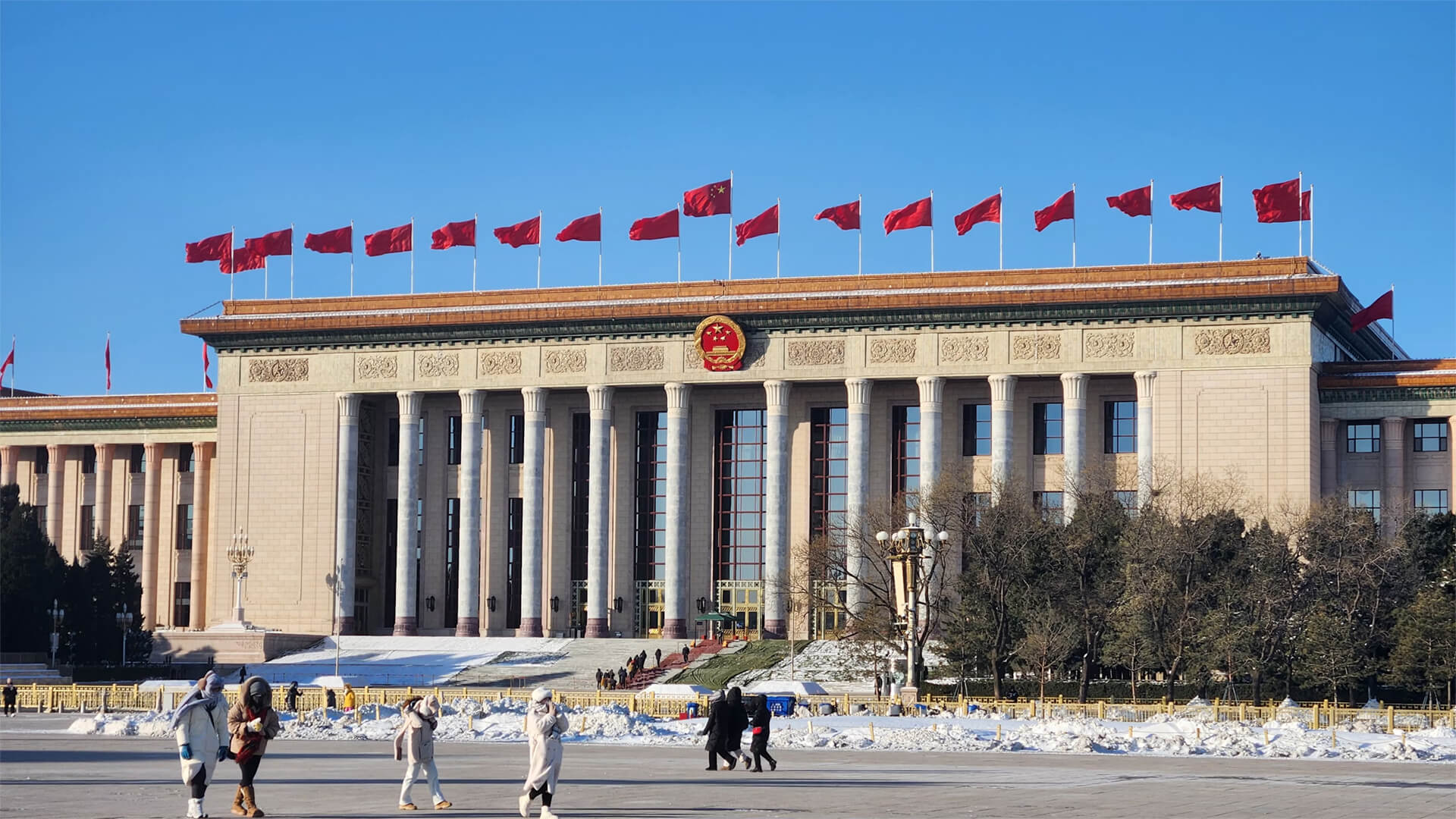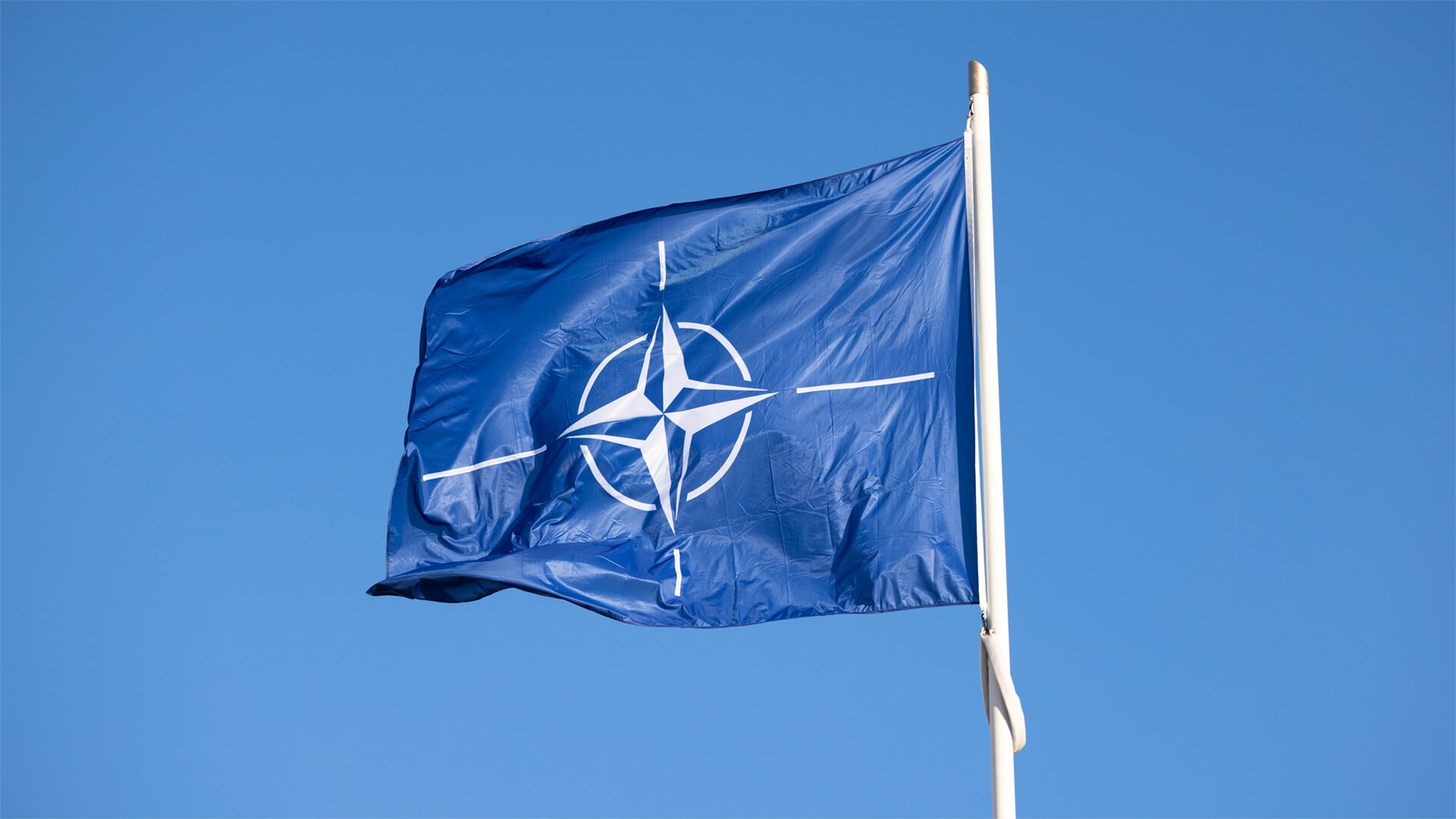Second-time freshman President Donald J Trump is taking the axe to the federal workforce. Or at least he is attempting to. Like presidents before him Trump is discovering that America’s separation of powers does not enable a president to bypass the will of Congress or the role of the courts. Instead, he is burning through large volumes of his political capital to achieve fairly paltry results.
Does this mean the old/new president is down and out? Hardly. It just means he will have a bigger impact on people who are not protected by American laws and the American Constitution. It’s in the wider world where there is little to stop him.
Here at Zeihan on Geopolitics, our chosen charity partner is MedShare. They provide emergency medical services to communities in need, with a very heavy emphasis on locations facing acute crises. Medshare operates right in the thick of it, so we can be sure that every cent of our donation is not simply going directly to where help is needed most, but our donations serve as a force multiplier for a system already in existence.
For those who would like to donate directly to MedShare or to learn more about their efforts, you can click this link.
Transcript
Hello, Peter Zeihan here, coming to you from Colorado. Today we’re going to launch a series on how the Trump administration is remaking the world. Whether or not you love this or hate this may, of course, come down to how you voted. But things are afoot, and I can’t ignore them. First, first, the caveat. Donald Trump is, in a word, erratic.
So I’m doing my best here, but I am working with some information. We had four years of the firehose of chaos. That was the first Trump term, followed by his four years out of power, where he made no secrets about what he planned to do. And now we’ve got about a month of information in his second term that has been, frenetic.
I think we can all agree at this point that Donald Trump is not a long game kind of guy. What you see is what you get. So with that said, here we go. Mass firings of the federal workforce and mass disruption to the federal budget is, legally dubious at minimum.
There are legal protections built into the system established by Congress for federal workers, and there’s a process to go through to get rid of them.
And you really can’t get rid of them if you just don’t like them. It has to be something that’s more than a personal preference, or has to be some sort of cause for firing. Same goes for the budget that’s established by Congress.
The Constitution is very clear where the power of the purse is. And once Congress has established the budget and it’s been approved and then signed by the president, nonetheless, there’s some wiggle room that the executive can have and how the money is spent and distributed, but it can’t do a wholesale reshuffling.
Same goes for things like citizenship. Birthright citizenship is established by the Constitution itself. So Donald Trump’s, executive orders on all of these topics, are at best on legally questionable ground and sometimes constitutionally, questionable ground. And so we have seen any number of court cases come up already challenging the orders, most of which, at least temporarily, have been ruled against, Trump, which gives us kind of the worst of all worlds here, all the things that Trump doesn’t like aren’t functioning, but we’re still paying for them.
And for those of you that find this sounds familiar, you’re just thinking back to the first Trump term where we had four years of this. So whatever Trump did this four years when he was out of power, it did not involve, studying American legal code very much.
If your goal is to remake the federal government, especially Barry Ocracy. This is ultimately a prerogative of Congress. And so the president would need to go to the Congress re structure the laws that, created the institutions, and gave them power and, of course, budget in the first place, which means that Congress would have to cede authority over budget and, action and guidelines, to the presidency.
Now, not only is this flying directly in the face of a lot of recent court cases launched by red states against the Biden administration, but we take about a dozen acts of Congress to do this on the scale that Donald Trump indicates that he wants to, keep in mind that passing things like this through Congress don’t just require a simple majority.
You gotta get that whole 60% sure thing. And, Trump is attempting to bypass this, by using some interesting rules in the House and the Senate. But we just haven’t seen Trump go to Congress with this request yet. And until that happens, it’s in the hands of the courts. And since the courts have already started to prove that, they hold the power here, Trump is now starting to challenge the legitimacy of the courts.
And, again, case law. For over a century, congressional law for over a century. It’s very strongly against the president on this one. If you want to go back to a time when the president had more authority, you have to go back to the end of the gilded Age, which was the last time that, the population got really set up with oligarchic politics, back in the Gilded Age and before we had a race to the winner go the spoils, which basically meant that every time a new president and his new team came in, regardless of who his backers were, the president had the ability to completely remake the federal bureaucracy in whatever image he wanted. And so basically, the government started over every 4 to 8 years, and we collectively, as a country, decided that, the federal government exists to serve the people rather than the proclivities of a specific individual. And we professionalized things like the Foreign Service and the bureaucracy and all that good stuff. What Trump is seems to be trying to do is dial the clock back 130 years to what was arguably the least economically unequal time in American history in the aftermath of reconstruction.
You can do that if you want to, but that requires Congress.
Trying to go head to head with the bureaucracy without using Congress is kind of like, I don’t know, riding off against thieves without getting your posse together first. And it’s not probably going to work. Well, well, and he’s burning through a massive amount of political capital. Only one month into the job, incidentally, the last American president to take this general approach, for the same reason, trying to rein in the bureaucracy.
It was Jimmy Carter, and he failed at it. And that failure is one of the reasons that Jimmy Carter is not thought of as one of the great presidents of American history. Now, does this mean that Donald Trump has no power? No. Don’t be dumb. The US president is still the most powerful person in the country and in the world.
He has just chosen a field of combat in the specific instances where the deck is stacked against him. When you’re going up against American citizens in America, there are American laws on the American constitution that give them a leg up. But when you look at the wider world where there are not American citizens and American laws do not protect them, the American Constitution is not relevant.
Then all of a sudden, the power of the American president has is robust. And we’ll start looking at that specific situation, beginning with Russia.











